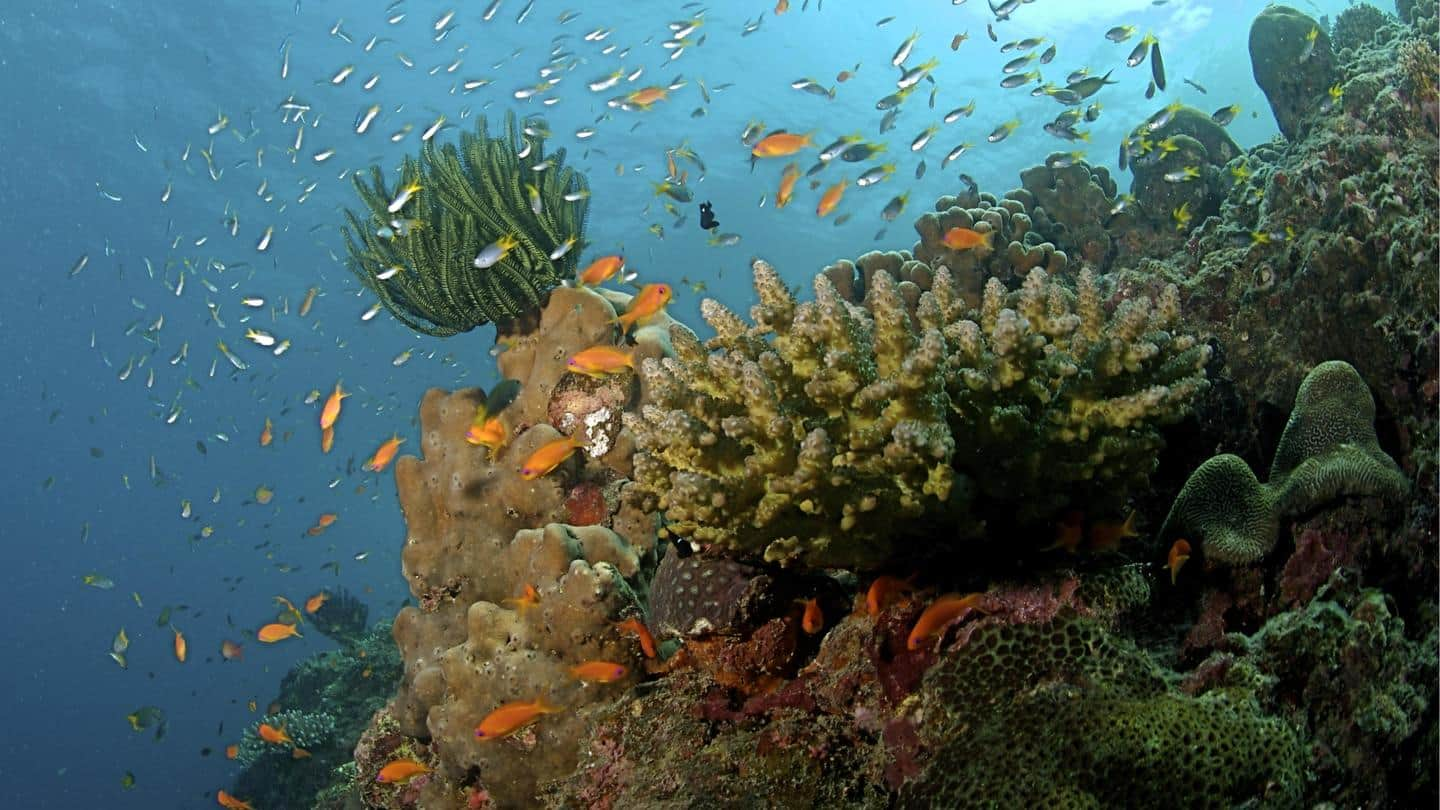
World Oceans Day: Why we need to protect our oceans
What's the story
The ocean produces at least 50% of the Earth's oxygen and absorbs about 30% of carbon dioxide produced by humans. However, they are in danger. World Oceans Day is celebrated every year on June 8. The concept was originally proposed by Canada's International Centre for Ocean Development and the Ocean Institute of Canada at the Earth Summit in Rio de Janeiro, Brazil, in 1992.
Why it matters
Significance of World Oceans Day
By 2030, 40 million people will be employed by ocean-based industries. The ocean is losing more than can be replenished. We must create a balance and restore new life. The purpose of this Day, which was officially recognized by the UN in 2008, is to inform everyone of the impact on the ocean and unite them for the sustainable management of the oceans.
Theme
Revitalization: Collective Action for the Ocean
Revitalization: Collective Action for the Ocean is World Oceans Day 2022's theme. The year has been framed by the UN Decade of Ocean Science. The celebrations were canceled for two years, in 2020 and 2021, due to the COVID-19 pandemic. This is the first hybrid celebration of the annual event hosted at the UN Headquarters in New York.
History
Brief history
The first declaration of Oceans Day was inspired by an event organized by the Oceans Institute of Canada and supported by the Canadian Government--Oceans Day at Global Forum - The Blue Planet. In 2008, June 8 was designated by the UN as "World Oceans Day." The theme of the inaugural observance of the Day in 2009 was--Our Oceans, Our Responsibility.
Funfacts
Some facts about oceans
The ocean's canyons can make the Grand Canyon seem small! The Pacific Ocean is wider than the moon. Earth's largest waterfall is in the ocean. Coral produces its own "sunscreen" in the form of coral fluoresce, which shields the algae that live in the coral. The biggest ocean waves are mostly beneath the surface. 90% of the earth's volcanic activity happens in the ocean.